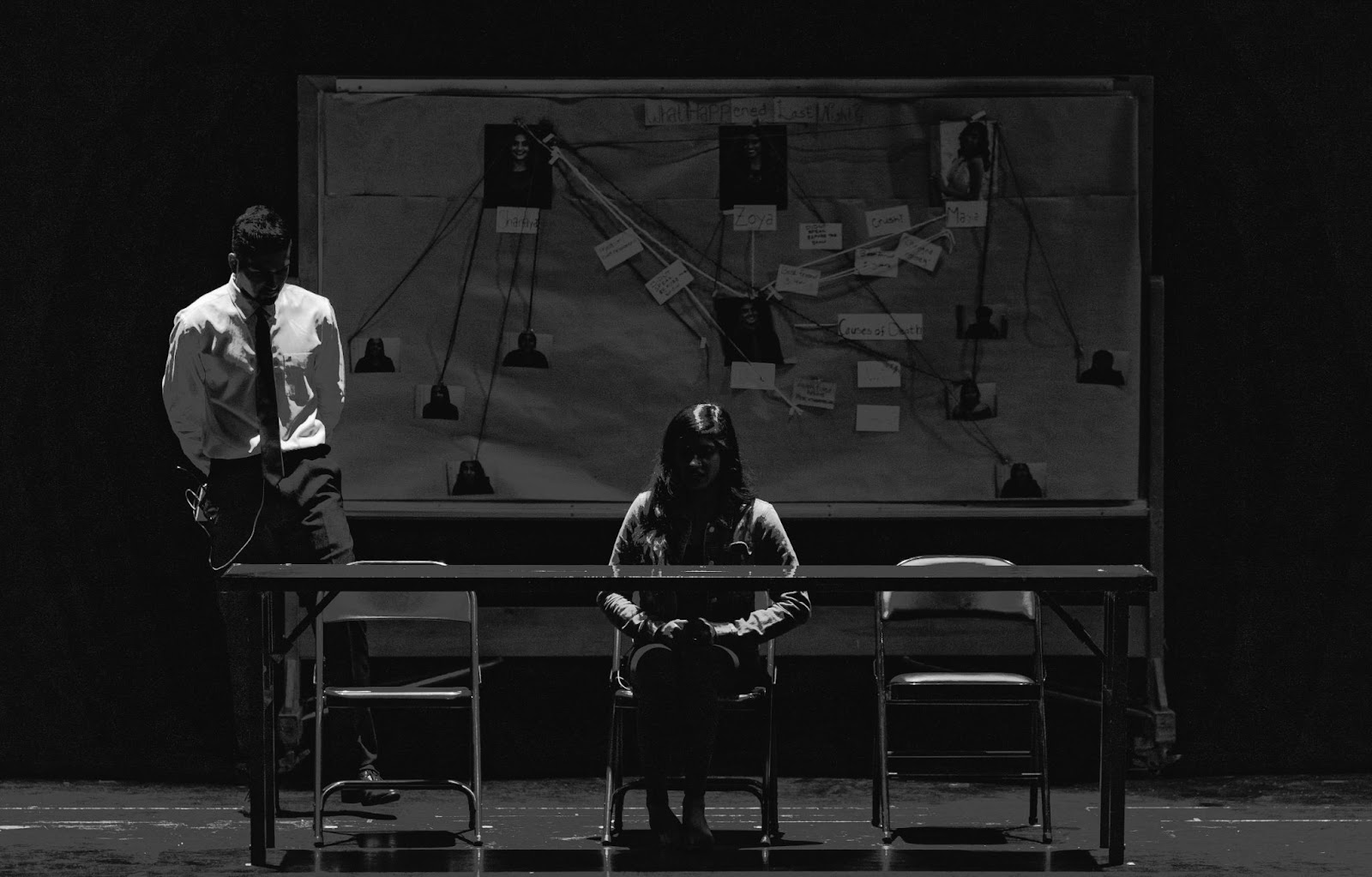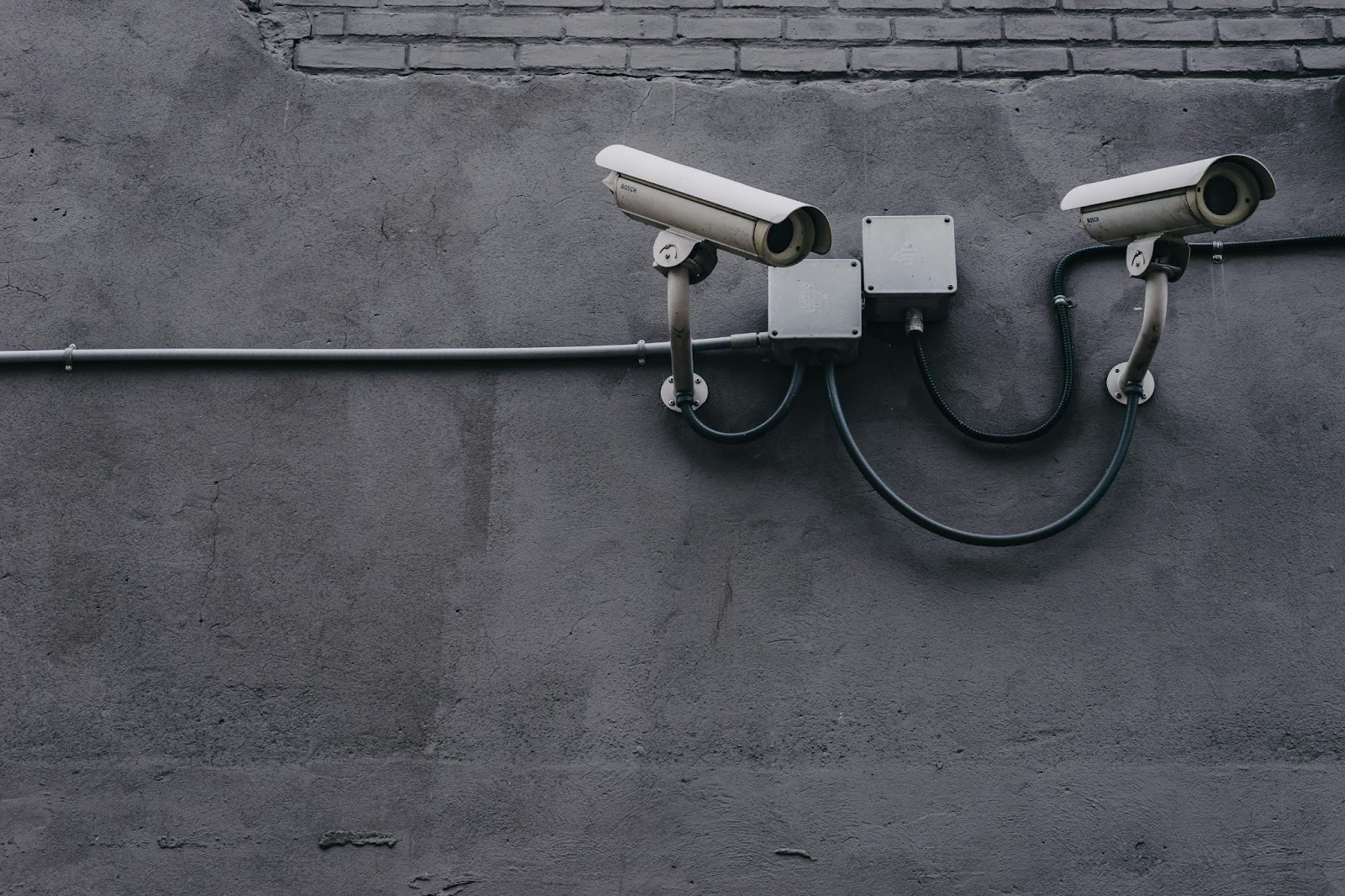Child Protective Services (CPS) plays a vital role in safeguarding children’s welfare by investigating suspected cases of child maltreatment and ensuring appropriate interventions. However, this essential function often intersects with complex ethical and legal considerations, particularly regarding the delicate balance between protecting children from harm and respecting family privacy and individual rights.
In recent years, there has been a growing tension surrounding CPS investigations, stemming from concerns about the potential intrusion into family privacy and the risk of overreach by state surveillance. While ensuring effective investigation is crucial for identifying and addressing child maltreatment, it is equally essential to uphold fundamental rights, including the right to privacy and due process.
This essay aims to explore the multifaceted dynamics of CPS investigations and state surveillance in safeguarding children’s rights. By examining the challenges and ethical dilemmas inherent in this process, we can better understand the need to balance protection and privacy to promote the well-being of children while upholding the rights of families and individuals.
The Role of CPS Investigations
Legal Framework
Child Protective Services (CPS) investigations are guided by child protection laws and regulations, which outline the responsibilities and authority of CPS agencies in safeguarding children from maltreatment. These investigations typically address various forms of child maltreatment, such as physical abuse, neglect, emotional abuse, sexual abuse, and exploitation, with specific legal definitions and criteria for each type.
Investigation Procedures

Child Protection Services (CPS) investigates suspected child maltreatment through a series of steps. The first step involves report intake from mandatory reporters or concerned individuals. The initial assessment determines the urgency and severity of the concerns, gathering information from the child and other relevant sources. If the initial assessment indicates potential maltreatment, CPS proceeds with a formal investigation, including interviews with the child, family members, and other involved individuals. The decision-making process determines whether maltreatment has occurred and assesses the level of risk to the child, collaborating with law enforcement and other agencies. Surveillance techniques, such as home visits and electronic data collection, gather evidence and assess the child’s living conditions, adhering to legal mandates and agency policies while considering privacy rights and procedural safeguards.
Concerns about State Surveillance
Privacy and Confidentiality:
CPS investigations raise concerns about family privacy and personal information confidentiality. Families may feel their privacy is invaded when CPS intervenes, especially during home visits or interviews. Concerns also arise about the collection, storage, and potential leaks of sensitive personal information, the confidentiality of their records, and the risk of unauthorized access or misuse.

Racial and Socioeconomic Disparities:
Research shows disparities in Community Police Service (CPS) involvement and outcomes based on race and socioeconomic status, with families of color and low-income communities disproportionately represented. Biases in reporting and investigation practices may lead to unfair targeting and surveillance, while stereotypes and cultural misunderstandings may influence CPS decision-making.
Chilling Effect and Family Support:
Intrusive Child Protection Services (CPS) investigations can discourage families from seeking help or accessing essential support services due to fear of scrutiny or intervention. This fear may prevent families from seeking legitimate needs like housing, mental health, or parenting support programs. To create a supportive environment, CPS agencies should prioritize family engagement, transparency, and collaboration, addressing child safety concerns respectfully and building trust. This approach promotes better outcomes for children and families, ultimately fostering better outcomes.
Balancing Protection and Privacy
Procedural Safeguards and Transparency:
Clear guidelines, informed consent, and due process protections are crucial in Child Protective Services (CPS) investigations to protect family privacy and rights. Ensuring transparency and fairness in data collection, storage, and usage, as well as establishing policies for handling sensitive information, enhances trust and accountability within CPS agencies, promoting transparency and accountability in the investigation process.
Culturally Sensitive Practices and Community Engagement:
Culturally sensitive training for CPS professionals is essential to respect family and community diversity, addressing biases, stereotypes, and cultural differences for fair treatment. Collaborating with community-based organizations can enhance cultural competence and improve family engagement, providing insights into community dynamics and effective strategies for supporting families involved in investigations.
Strengthening Family Support and Early Intervention:
Investing in preventive measures and family support services can reduce the need for intrusive investigations. Early intervention programs can address risk factors for maltreatment, such as poverty, substance abuse, and mental health issues, preventing crises from escalating. Supporting programs promoting healthy family dynamics, such as parenting education, counseling, and support groups, can also reduce maltreatment likelihood and improve outcomes for children and families.
Conclusion
In conclusion, navigating the delicate balance between protection and privacy is essential in Child Protective Services (CPS) investigations to safeguard children’s rights while respecting the privacy and autonomy of families. While CPS plays a crucial role in identifying and addressing child maltreatment, concerns about state surveillance and intrusion into family privacy must be addressed to ensure fair and equitable outcomes for all parties involved.
To address these concerns, it is imperative to implement procedural safeguards and transparency measures that protect family privacy and uphold due process rights. By striking a balance between protection and privacy, CPS agencies can fulfill their mandate to safeguard children’s rights while upholding the dignity and autonomy of families. Through a collaborative, transparent, and culturally competent approach, we can ensure the welfare and safety of all children while respecting the fundamental rights of families and individuals.



